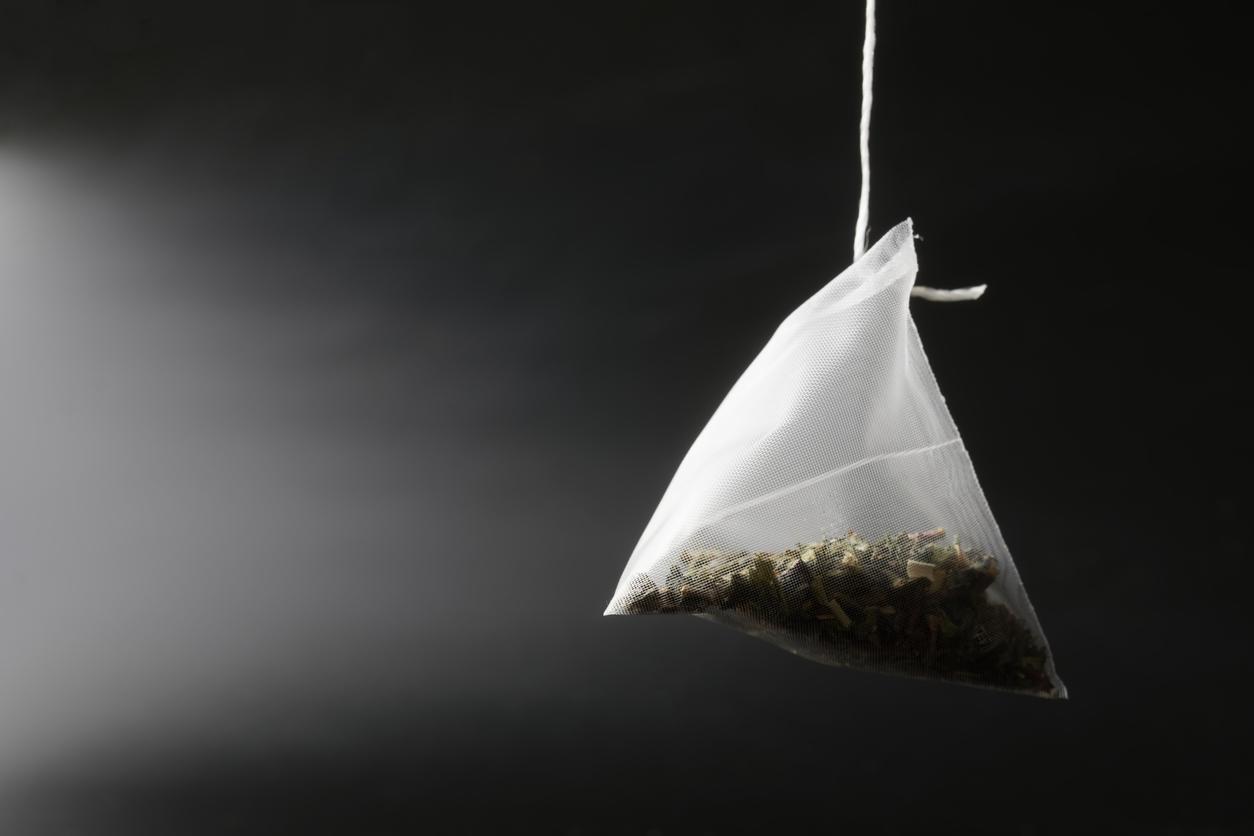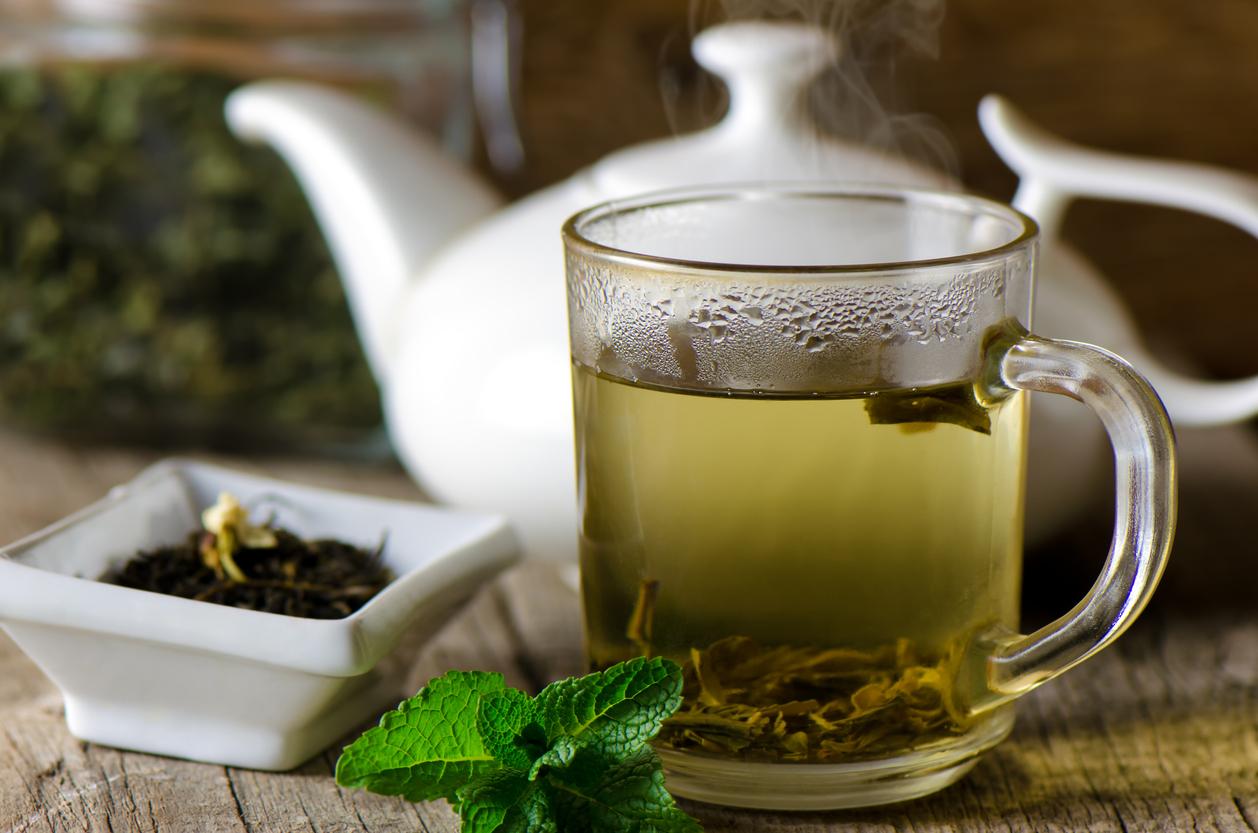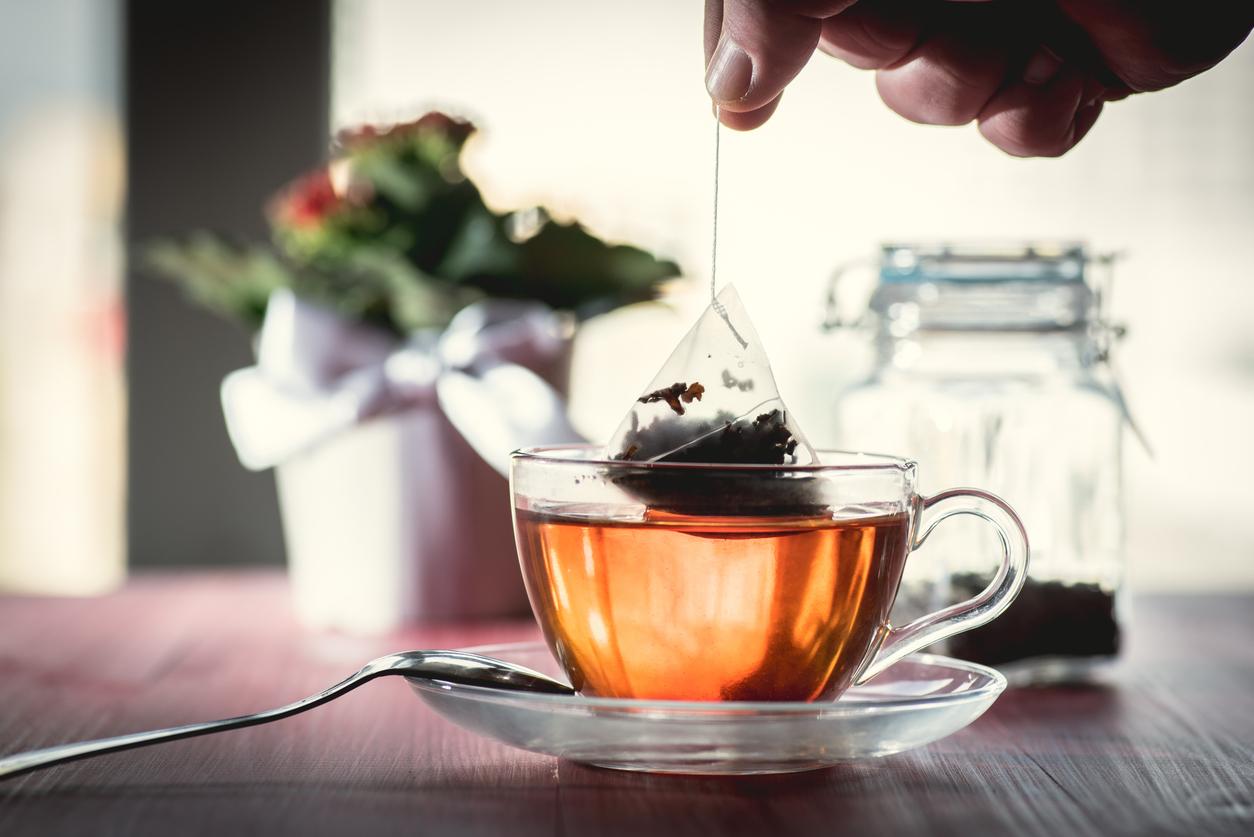
The health effects explained in more detail
If you like coffee and/or tea, you can drink four or five cups of it a day. How healthy is that? And is one of the two drinks healthier than the other?
In any case, there is good news for lovers of both: both coffee and tea are an important source of antioxidants for our body and lower the risk of a lot of diseases and ailments. The health effects at a glance:
Tea…
• lowers the risk of cardiovascular disease
• reduces the risk of Alzheimer’s
• reduces the chance of type 2 diabetes (with 40% with 3 or more cups of black or green tea per day)
• reduces the chance of a stroke
• lowers the blood pressure
• lowers cholesterol
• helps with to lose weight
Coffee…
• reduces the risk of cardiovascular disease
• reduces the chance of, among other things, skin cancer
• reduces the risk of Alzheimer’s
• reduces the chance of type 2 diabetes (by 30 percent at 5 cups per day)
• reduces the chance of Parkinson’s
At first glance, you might conclude that tea and coffee are equally healthy, given the similar health effects. Yet it becomes a different story if we look at the effect of both drinks and what exactly happens when you get the corresponding substances in your body. Because as soon as we start comparing that, three things stand out about tea.
1. More and longer energy
Both drinks provide an energy boost, but tea does this in a different way than coffee. You do not suffer from the so-called caffeine crash that you do get after a cup of coffee when it has worn off. Although there is three times as much caffeine in a cup of coffee, tea provides a double dose of energy. In addition, caffeine makes you ‘psychically dependent’; anyone who drinks more than three cups of coffee a day and suddenly stops should notice the consequences, with headaches and difficulty concentrating as the most common complaints.
There is of course also decaffeinated coffee, but whether this is better than normal coffee is widely doubted. Researchers at the American Heart Association even concluded the opposite. A group of test subjects drank regular coffee for several months, another group of decaffeinated coffee and a third group water. After three months, the caffeine-free drinkers had significantly more fatty acids in their blood.
2. Natural focus, less stress
A cup of coffee gives you more focus, but only because your fatigue receptors are temporarily turned off and your blood pressure is elevated. Tea, especially green tea, also helps you focus, without ‘fooling’ your brain and rushing your body. Your blood pressure does not rise – with black and green tea down – and so you will experience stress less quickly.
3. Good for your body
In addition, a cup of tea benefits the resistance and can make an annoying, sniffling nose disappear like snow in the sun. In addition, tea has a positive effect on the metabolism and the fat burning system. Food is converted into energy faster, while losing weight is considerably easier. So it can help you a lot with weight loss. Finally, tea keeps your skin moist more easily than water.
Conclusion
We can conclude that tea is healthier than coffee, but that’s true not for all teas.
Because of the caffeine in the most coffees and teas, it is advisable not to drink both after 20:00. An exception to this is herbal tea, which contains no caffeine.
Sources: Gezondblog.nl, TimeManagement.nl















